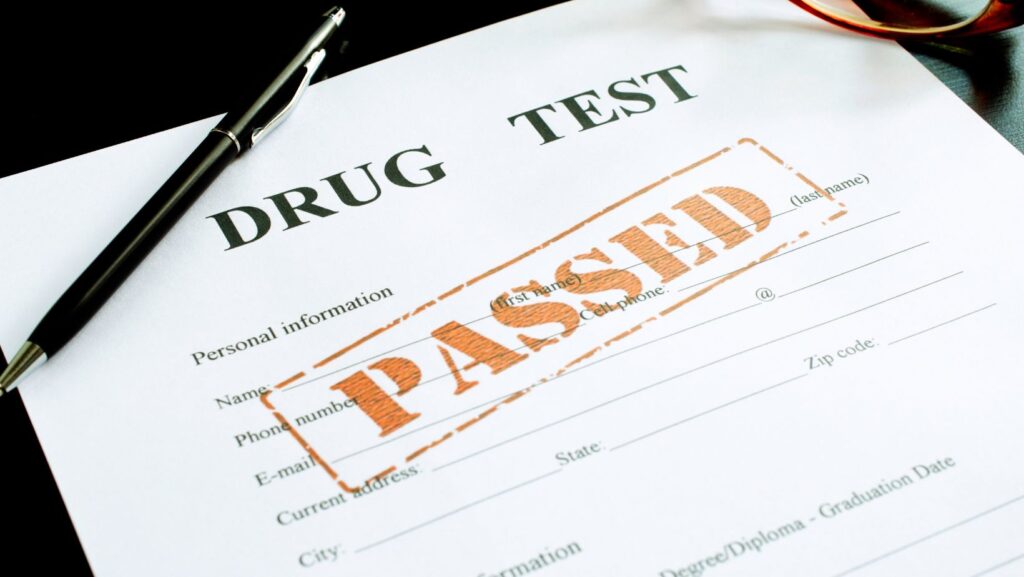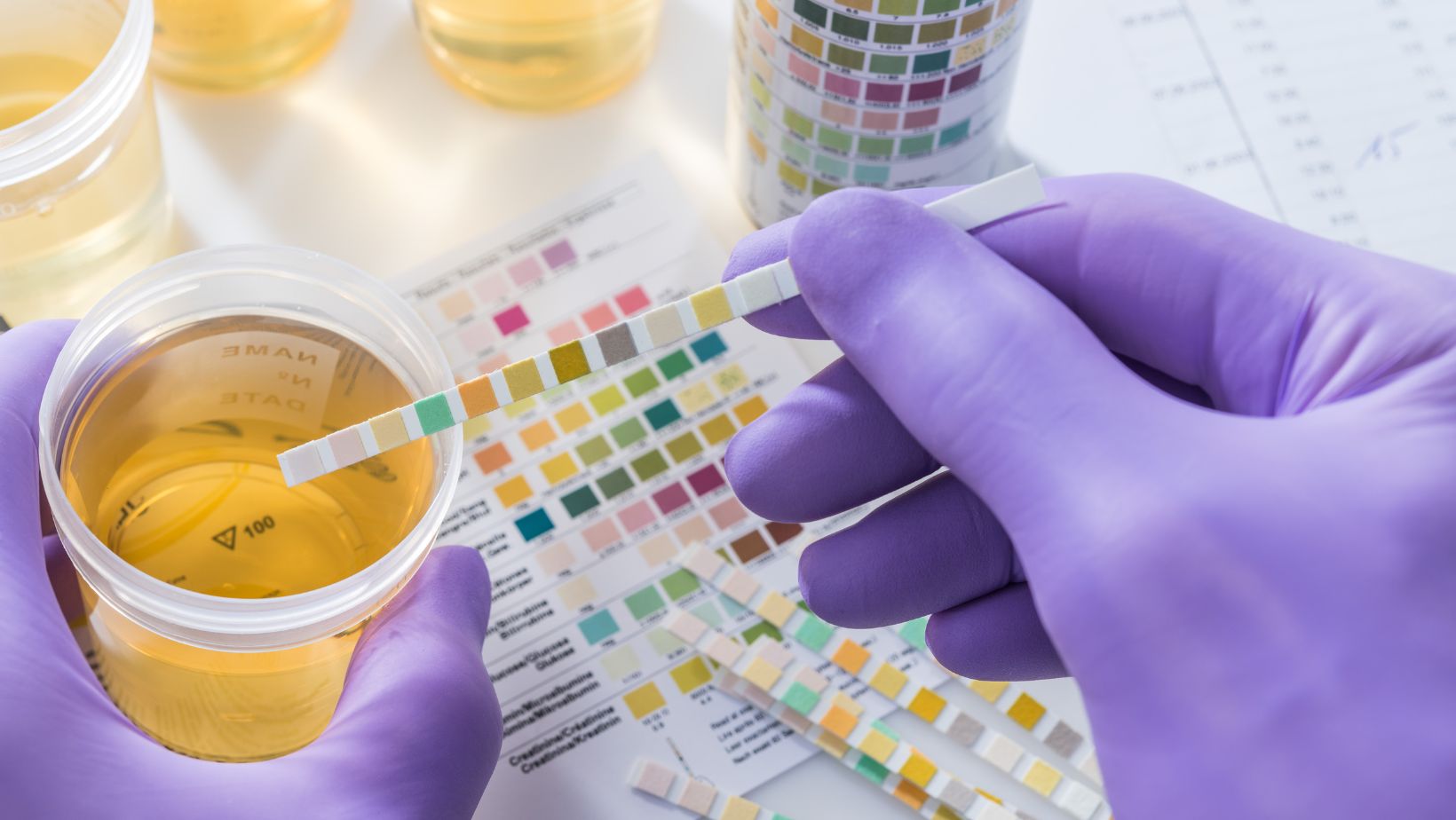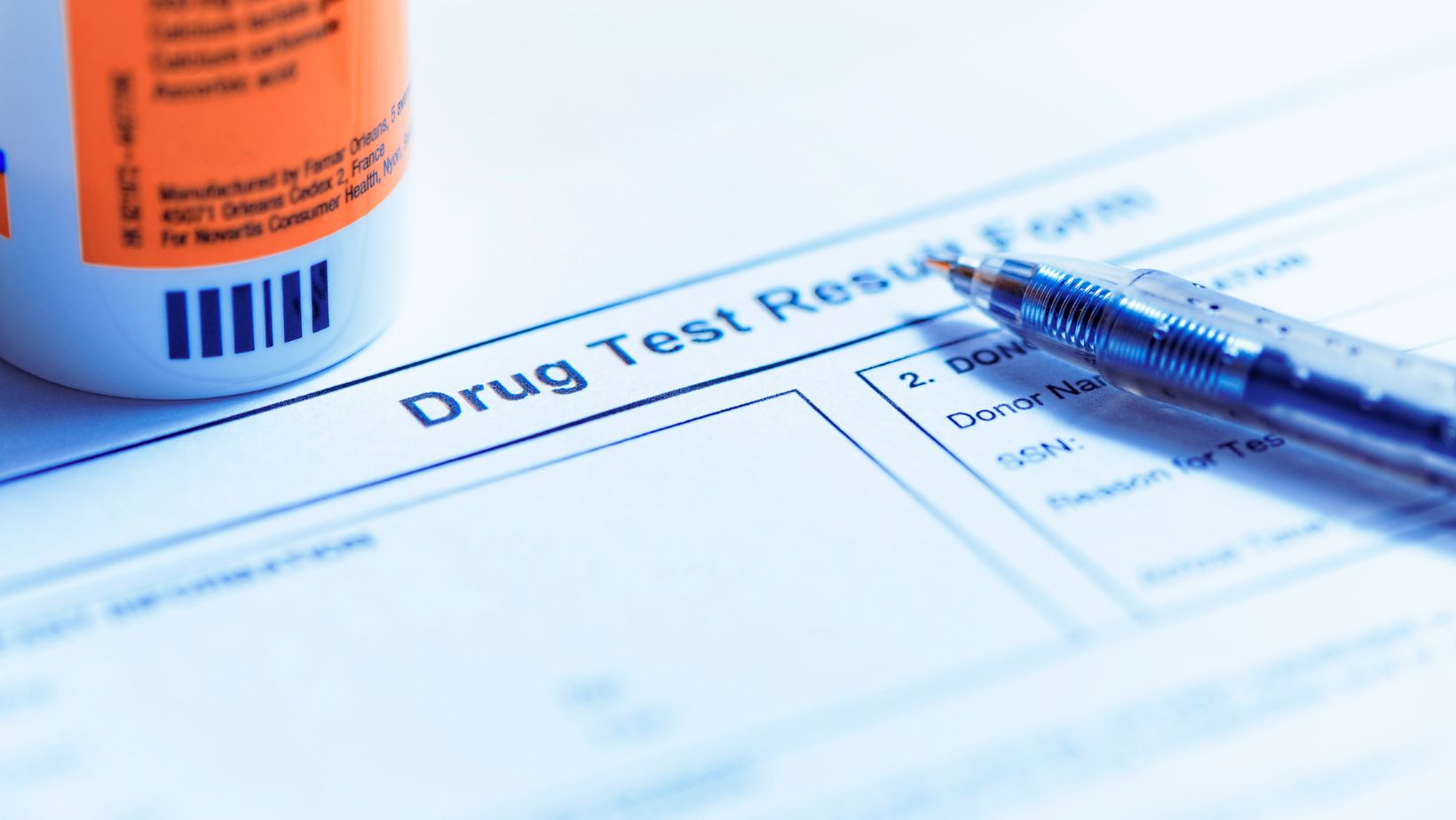
Drug testing at work might not be the hottest topic to bring up at a party, but it’s worth a closer look. It’s easy to label it as invasive or old-school, yet the story behind it is much bigger than just policies or urine cups. Drug testing is about trust, safety, and, surprisingly, even a company’s values. Industries that test are often painted as rigid or overly cautious, but the reality is more layered and sometimes even a little unexpected. Whether it’s the healthcare world or creative industries where innovation reigns, the reason for testing isn’t always what you think.
This isn’t about judging whether drug testing is right or wrong. It’s about pulling back the curtain on the industries that rely on it and what that says about the kind of work they do. Let’s talk about the unseen dynamics that shape this conversation and why it’s not just about the obvious.
Trusting the Hands That Guide Us
Think about industries like healthcare, education, or public safety. These are fields where people’s lives are directly in the hands of the workers. It’s not just about showing up; it’s about showing up sharp, focused, and reliable. This is where drug testing becomes a trust exercise. For industries like these, testing isn’t about being overly nosy—it’s about reassuring the public that those who are responsible for our well-being are in top form.
In the context of jobs that drug test, safety isn’t just a buzzword. It’s a standard. Pilots flying at 30,000 feet, teachers shaping young minds, and EMTs rushing to emergencies all work in environments where split-second decisions can change everything. There’s no margin for error here, and that’s a heavy responsibility to carry.
But here’s the twist: these industries aren’t just testing for the sake of testing. Many have programs to support employees struggling with substance use. It’s not about punishment—it’s about intervention. The goal isn’t to weed out (no pun intended) people but to ensure they’re supported in getting back on track.
Dollars, Safety, and the High Stakes of Liability
In industries that work with heavy machinery, large-scale construction projects, or fast-paced logistics, drug testing is practically baked into the culture. The stakes are simply too high for anything less. If a construction crane operator or truck driver slips up because they’re under the influence, the fallout isn’t just about their safety—it can ripple out to affect entire teams, projects, or even communities.
For these industries, testing isn’t just about rules; it’s a financial safeguard. Companies take on enormous liability when they operate in high-risk environments. If an accident happens, the legal and reputational costs can spiral out of control. Testing policies are a way to reduce risks before they become tragedies.
Interestingly, this has led to a conversation about how industries handle broader issues like workplace stress or addiction. Some are beginning to recognize that drug testing alone doesn’t solve the problem. Instead, it highlights a need for better resources to address the underlying causes of substance use.
Tech’s Quiet Testing Dilemma
When you think about tech jobs, you probably imagine laid-back workplaces with bean bags, kombucha on tap, and flexible hours—not exactly the first field that comes to mind for drug testing. But that assumption isn’t entirely accurate. While testing isn’t as common in tech as it is in healthcare or construction, it does exist in certain niches, particularly those handling sensitive data or cybersecurity.
The logic is simple: someone working on a critical piece of software for national security or healthcare can’t afford to make mistakes. These roles demand razor-sharp focus, and drug testing is seen as a way to ensure it. Interestingly, tech companies are also leaders in exploring alternative approaches, like offering online addiction therapy as a benefit to employees. They’re looking at the bigger picture and recognizing that long-term productivity and well-being are connected. Testing might still be on the table, but it’s becoming part of a broader strategy to create healthier workplaces.
Creative Industries and the Myth of No Boundaries
There’s a stereotype about creative industries being freewheeling zones where anything goes. From film sets to ad agencies, it’s easy to assume these fields wouldn’t touch drug testing with a ten-foot pole. After all, aren’t creatives supposed to push boundaries? But the truth isn’t that simple.
In fields where innovation and collaboration are everything, companies are starting to balance creative freedom with workplace accountability. While widespread testing isn’t the norm, certain roles—like those involving client-facing work or large budgets—may require it. It’s not about stifling creativity; it’s about ensuring teams can work together effectively.
This isn’t to say that the industry is cracking down wholesale. Instead, many organizations are finding ways to address issues like substance use with empathy and discretion. The goal is to create an environment where employees feel supported rather than policed, making drug testing less about control and more about shared responsibility.
Industries That Surprise Us
Then there are the outliers—the industries where drug testing might catch you off guard. Some niche fields, like high-end hospitality or aviation design, have testing policies that feel unexpected at first glance. But when you dig deeper, the reasons make sense. These are spaces where precision, presentation, or safety is so integral to the job that even small lapses can have outsized consequences.
Take luxury hospitality, for example. The work involves a high degree of personal interaction, discretion, and attention to detail. Clients paying top dollar expect impeccable service, and companies can’t afford to risk a bad impression because of an employee’s impaired judgment. In these industries, drug testing acts as a safeguard for reputation and quality—two things that are non-negotiable in such high-pressure environments.
Building Better Workplaces
Drug testing might seem like an old-school way to enforce workplace standards, but many industries are rethinking its role.
Instead of using testing as a standalone policy, forward-thinking companies are pairing it with mental health resources, employee support programs, and flexible leave policies to create a more holistic approach.
By addressing the root causes of substance use—whether it’s stress, burnout, or personal struggles—companies are building work environments that prioritize people over policies. It’s a shift from a punitive model to a supportive one, and it reflects a growing understanding that healthy employees are the foundation of any successful business.
Testing the Limits
Drug testing is more than just a box some employers tick. It’s a reflection of the stakes in a given field and how companies choose to navigate them. Whether it’s about ensuring safety, preserving trust, or upholding standards, testing tells us a lot about the values of an industry. What’s exciting is how this conversation is evolving. As more companies explore ways to support employees beyond the test itself, we’re seeing a move toward workplaces that are safer, healthier, and more human. That’s a shift worth paying attention to, no matter where you work.






